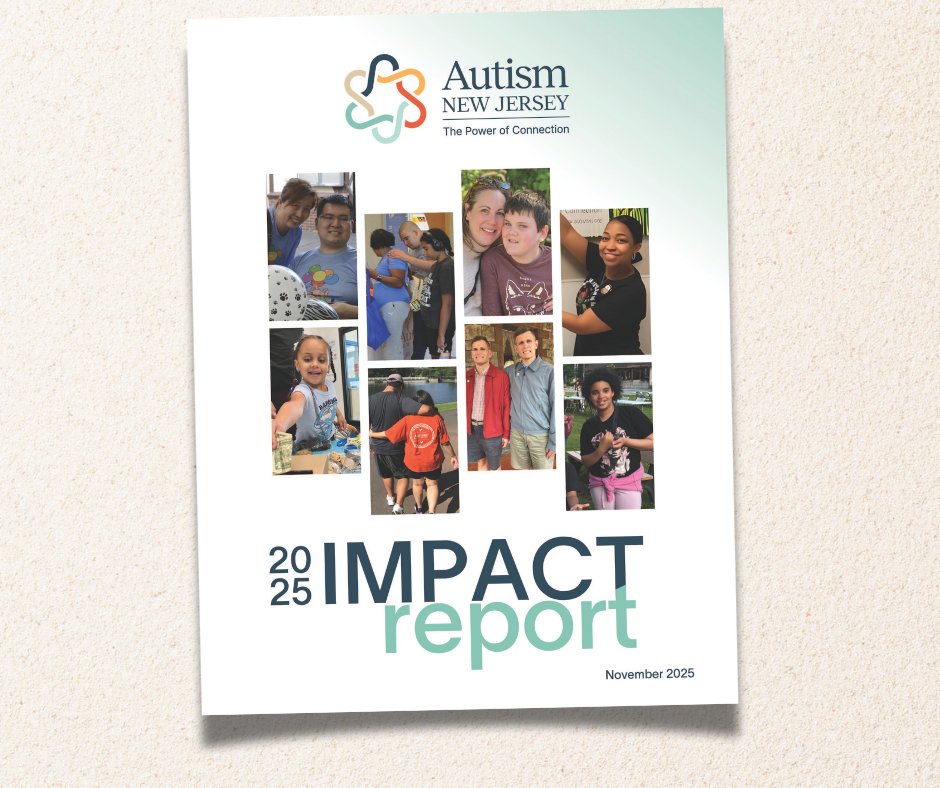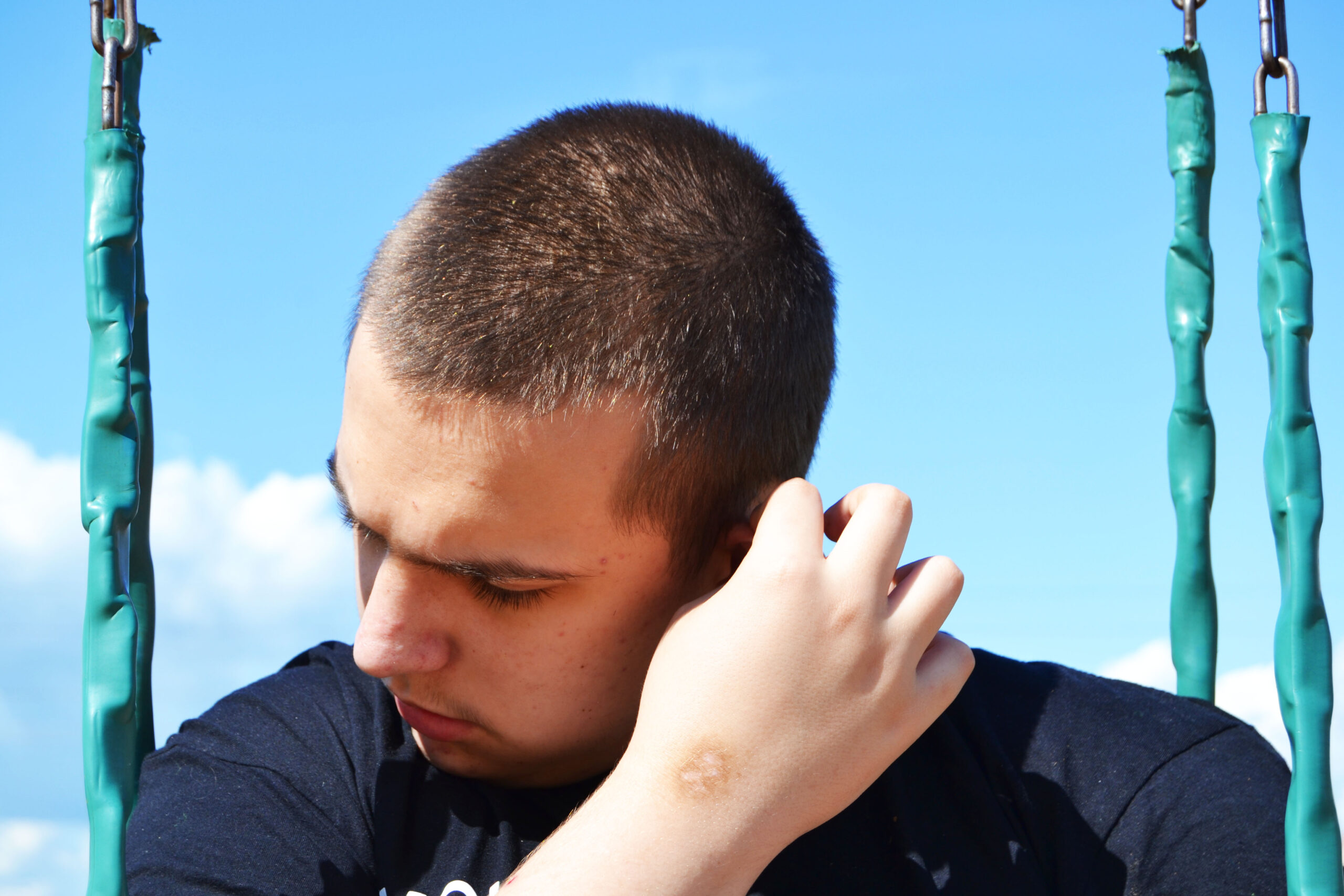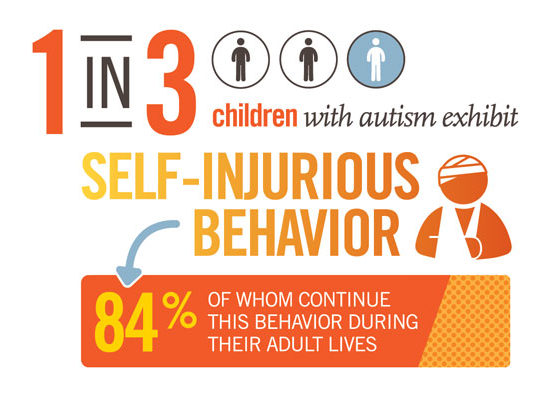 Public Policy Priority: Severe Challenging Behavior
Public Policy Priority: Severe Challenging Behavior
Individuals with autism who experience severe challenging behavior face increased barriers to care and wellbeing due to the overall risk of injury to themselves and others. When an individual with autism engages in severe challenging behavior, the impact can be all consuming. The physical and emotional health of all family members is constantly at risk. A behavioral crisis can be days, weeks, months, or years of repeated instances of dangerous behavior, leading to the necessity for intensive intervention.
Unfortunately, there are insufficient treatment options for severe challenging behavior. Autism New Jersey recognizes that increasing public and private capacity to adequately serve individuals with severe challenging behavior requires navigation of a complex state system related to funding, treatment, and long-term service provision. Thus, we analyze state policy, best practices, and the experiences of families and clinicians to better quantify the scope and depth of the problem and make comprehensive recommendations to improve state policies.
Current Focus
- Statewide coordination of services for severe challenging behavior
- Early identification and access to ABA treatment for children with autism, intellectual disability, and severe challenging behavior
- Integration of ABA services into new and existing state-funded service lines
- Updating our Autism and Severe Challenging Behavior: Policy Recommendations for the State of New Jersey
| Autism New Jersey led advocacy efforts to secure or enact: |
|---|
| Consultation with CSOC – Autism New Jersey secured state funding to work collaboratively with the New Jersey Department of Children and Families’ Children’s System of Care (CSOC) to provide consultation to care managers for youth severe challenging behavior as well as for young children with emerging challenging behavior. |
| Consultation with DOH – Autism New Jersey secured state funding to work collaboratively with the New Jersey Department of Health (DOH) to provide consultation to case managers and families of young children with emerging challenging behavior. |
| Safeguards in schools – Autism New Jersey advocated for the passage and implementation of P.L. 2017, c. 291, which limits the use of restraint and seclusion techniques used in schools. |
| Capacity Building with CSOC – Autism New Jersey provided a comprehensive response to CSOC’s request for information (RFI) regarding intensive services designed to serve children with severe challenging behavior. |
| Capacity Building with DDD – Autism New Jersey meets regularly with the Division of Developmental Disabilities to improve statewide standards and capacity for behavioral services. |











 Public Policy Priority: Severe Challenging Behavior
Public Policy Priority: Severe Challenging Behavior